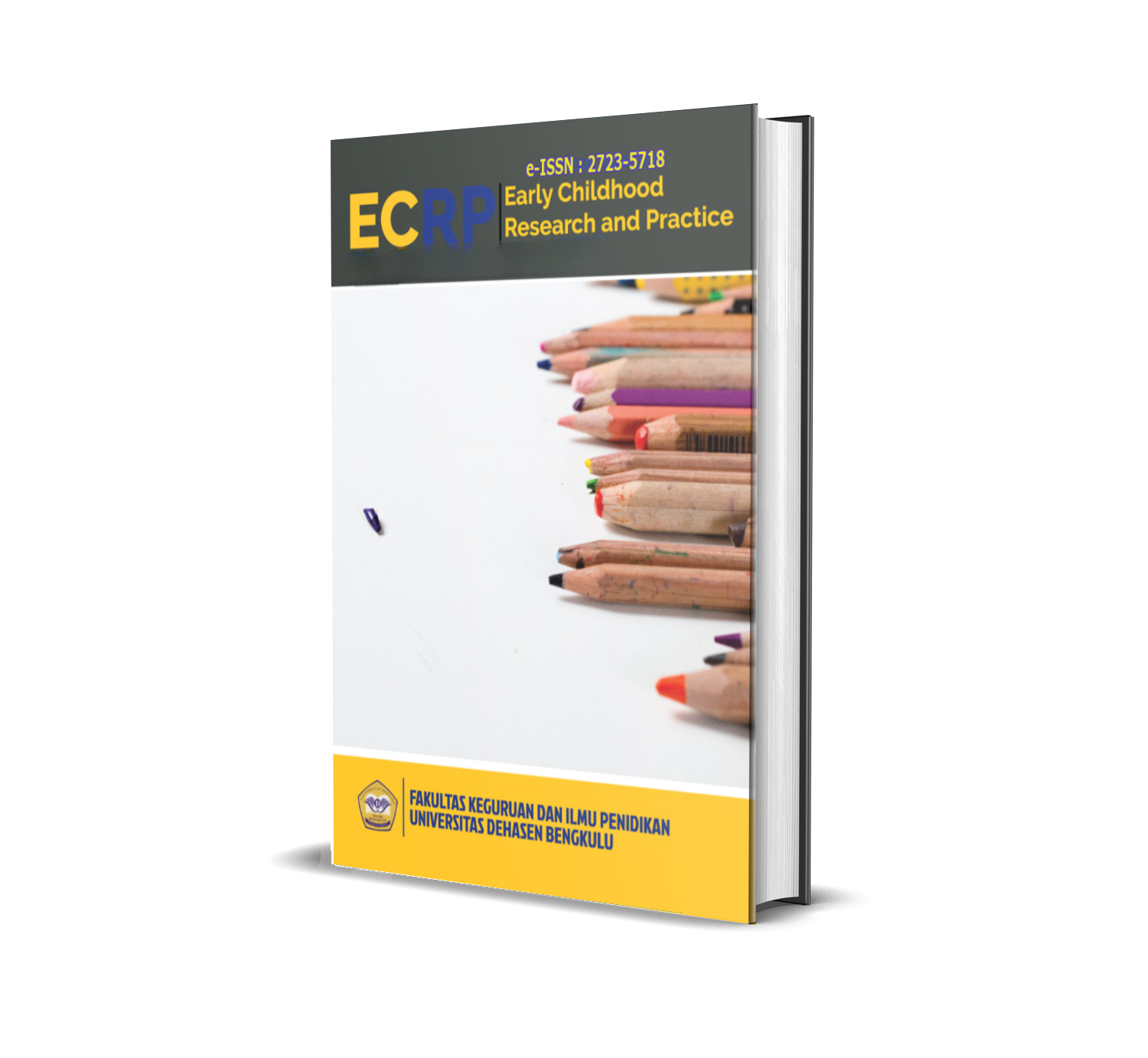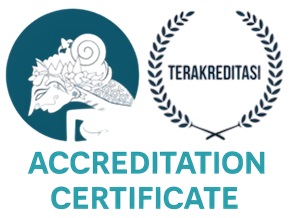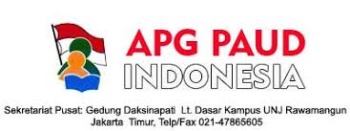Kompetensi Guru Profesional Dalam Meningkatkan Proses Pembelajaran Anak
Abstract
Pembina 1 State Kindergarten in Bengkulu City. This study used a qualitative descriptive research method. Data were obtained from observations, interviews, and documentation with four data analyses, namely data collection, data reduction, data presentation, and conclusions, with informants consisting of two classroom teachers. The results of the study indicate that professional teacher competencies include pedagogical competencies, which encompass the ability to design and implement effective teaching, manage the classroom, and develop varied teaching methods. Personal competencies include discipline, empathy, integrity, and patience as role models for students. Social competencies are evident in the ability to communicate effectively with students, parents, and colleagues. Meanwhile, professional competencies include the ability to innovate, develop oneself, and evaluate learning. Factors supporting teacher professionalism include a conducive work environment and management support, while hindering factors include limited facilities and high workloads. This study provides an important contribution to understanding the role of professional teacher competencies in creating effective learning and supporting the development of young children.
Downloads
Copyright (c) 2025 Rahma Nia Rizky, Asnawati Asnawati, Syisva Nurwita

This work is licensed under a Creative Commons Attribution-ShareAlike 4.0 International License.
Copy Right Notice

This work is licensed under a Creative Commons Attribution-ShareAlike 4.0 International License.









